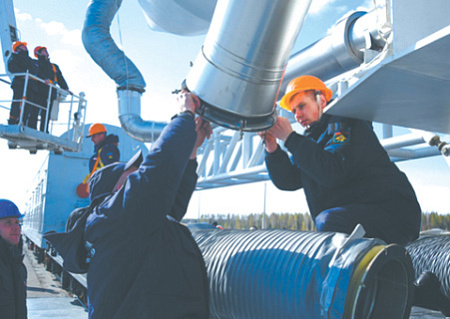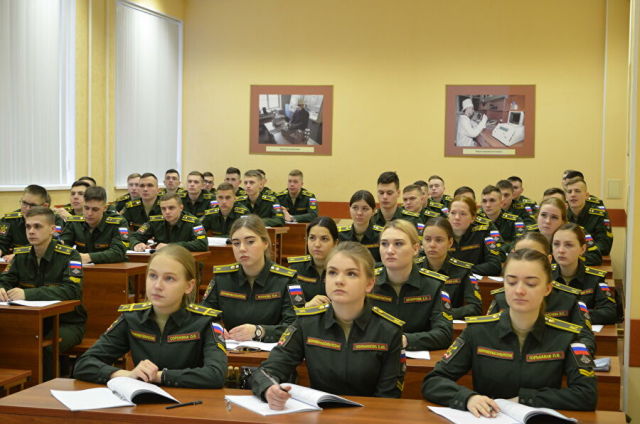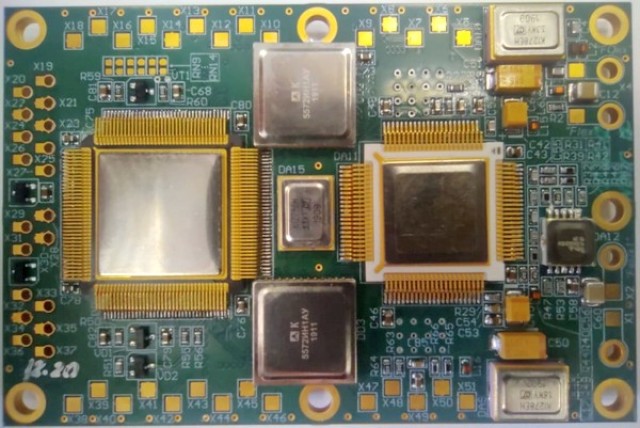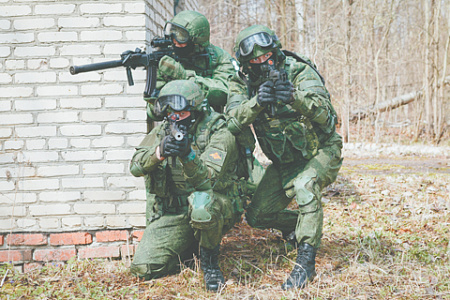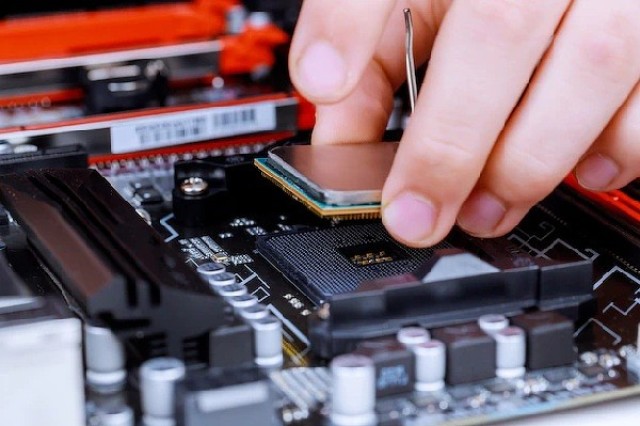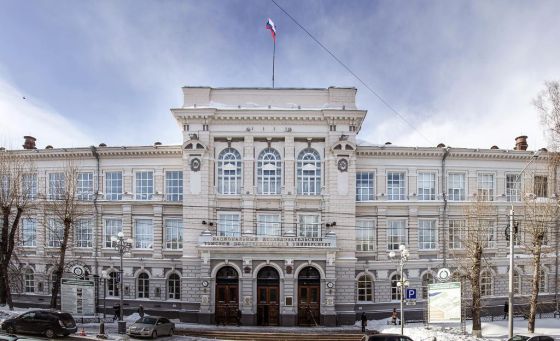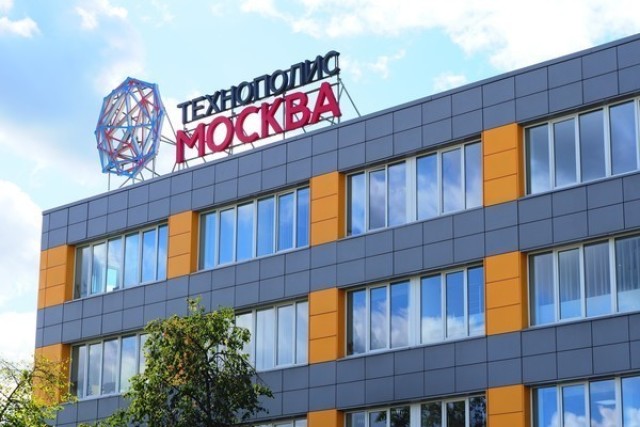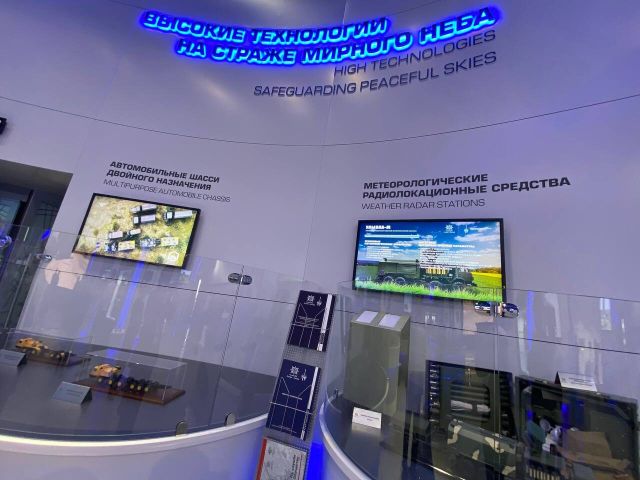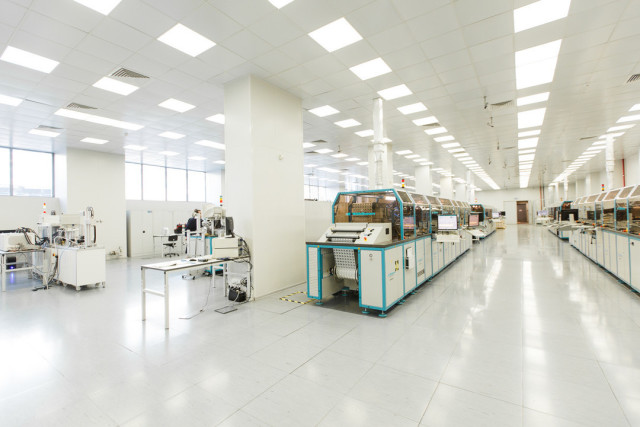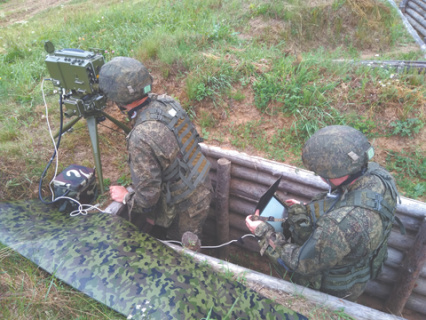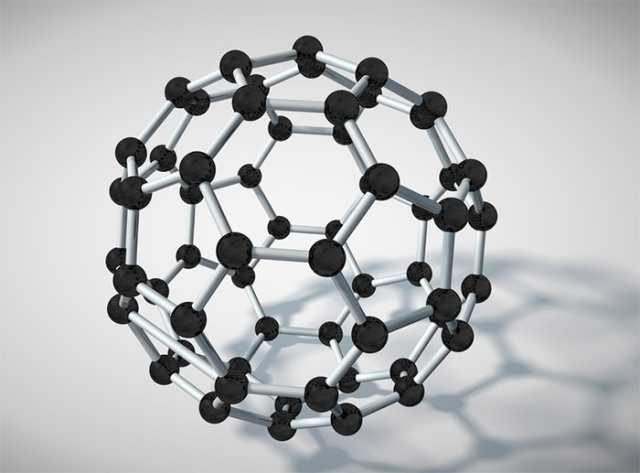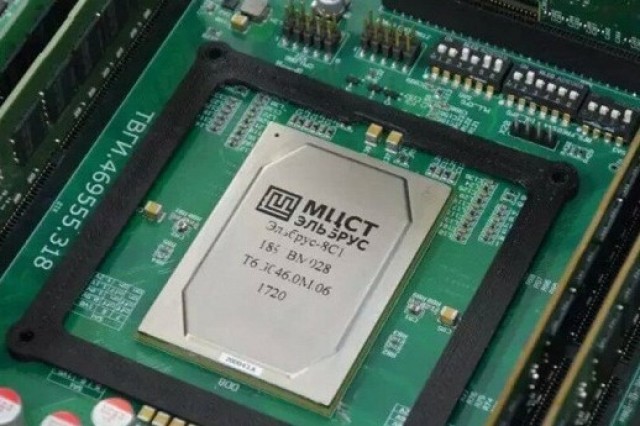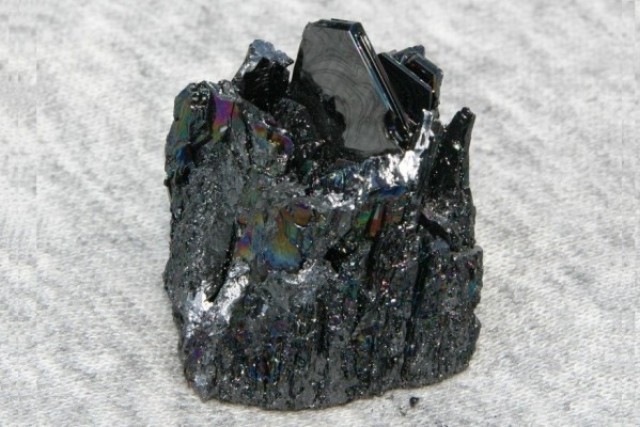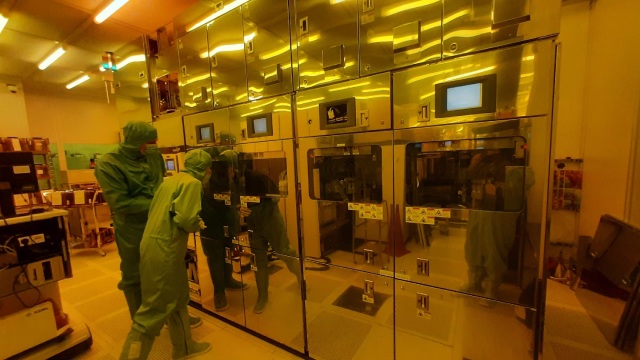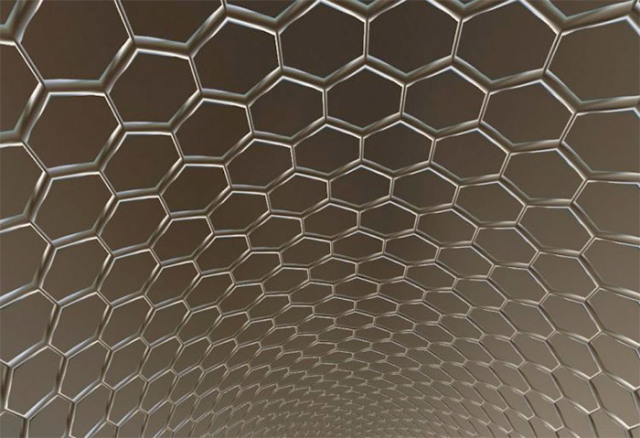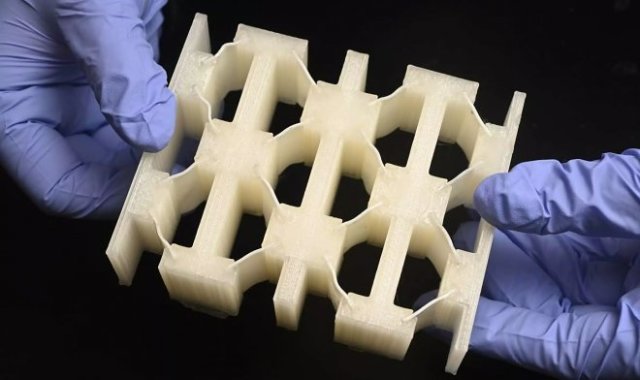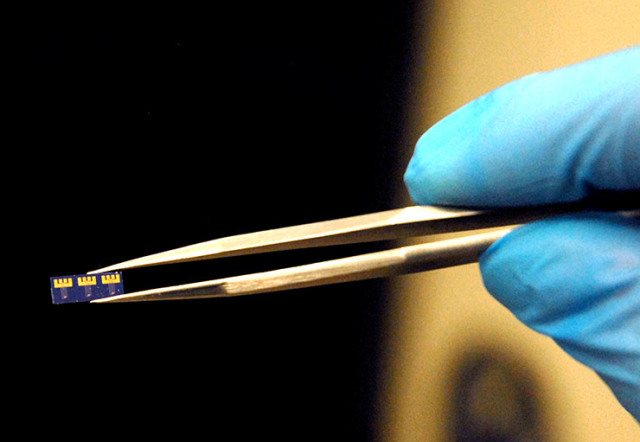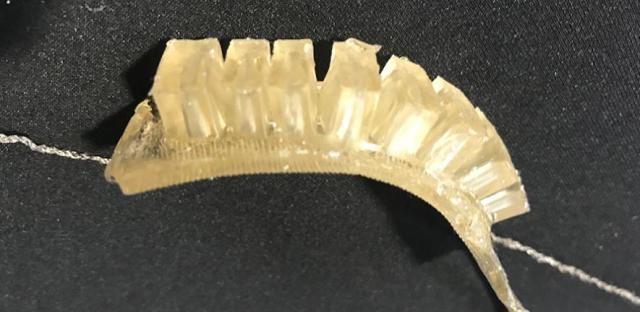Nanotechnology news
The orbit of airless confrontation
Where is the militarization of space going
An analysis of the available indirect and direct signs of preparations for an arms race in outer space suggests that there is less and less time and opportunities for proactive diplomatic steps on the PARAC. Let's analyze this situation using the example of US military space preparations both at the political and doctrinal level and in the military-technical sphere.
The Military Academy of the Russian Academy of Medical Sciences was awarded the Order of Kutuzov
On Friday, the Kostroma Military Academy of Radiation, Chemical and Biological Protection named after Marshal of the Soviet Union S. K. Timoshenko held solemn events dedicated to the 90th anniversary of its formation.
The satellite receiver on the Russian chip "beat" analogues from Boeing, Airbus and Thales
Scientists of the MIPT Applied Nanotechnology Laboratory have developed and tested a new digital receiver board based mainly on Russian components. It will provide communications for small spacecraft. Boeing, Airbus and Thales have similar solutions, but the domestic version differs in that it implements the functions of the whole device in a single chip.
They meet according to the dress code, they see off according to the IQ
The Warrior combat equipment has managed to become legendary in 10 years
The military equipment of the soldier "Ratnik" has been serving for 10 years to increase the combat effectiveness, prestige and protection of servicemen of the Russian Army. It has long been appreciated. Both the command and the ordinary servicemen defending the interests of our country love and are proud of her.
In Russia, the construction of a factory for the production of processors using 28 nm technology has begun
In Russia, the long-planned construction of a factory has started, which will produce microprocessors using 28 nm technology. Production is planned to be established in Zelenograd. Whether it will be possible to complete the project against the background of sanctions is an open question.
The first Russian space 3D printer has been developed
Russian scientists from Tomsk Polytechnic University (TPU) have developed the first Russian-made 3D printer for printing in space in microgravity. This is reported by "Gazeta.<url>" with reference to the press service of the university.
MIET and SEZ Technopolis Moscow will create a "printer" of microcircuits with standards of 28 nm or less
Residents of the Technopolis Moscow special economic zone and scientists of the National Research University "MIET" are conducting research to create an installation that will allow printing chips with a size of 28 nanometers and below, which are in demand in modern microelectronics.
Almaz-Antey launches production of additive equipment
The Obukhov plant, as part of the diversification of production and an increase in the share of civilian products, begins production of a "Sand 3D printer" and an atomizer, the press service of the Almaz-Antey Concern of East Kazakhstan Region, which the company is part of, reports.
Russian "Micron" will double the production of chips only by 2025
Micron intends to double the volume of silicon wafers produced in the coming years in order to overcome the shortage of domestic semiconductors in Russia. For this, the plant will need 10 billion rubles. "Micron" intends to purchase used production equipment, which in recent years has become a standard global practice in this industry.
Neural networks on the battlefield
The special operation emphasized the role of precision weapons
The United States and Britain have today retargeted their commercial satellite systems Starlink and OneWeb to collect intelligence information in the interests of the armed formations of Ukraine. A plan is being hatched to disconnect Russia from the GPS system. How can all this, coupled with the ban on the import of software (software), affect the performance of combat missions by our troops in the combat zone, the production of high-precision weapons by the defense industry?
Russian scientists have received a new super-rigid material
For the first time, Russian scientists have synthesized a super-rigid material based on carbon nanostructures with scandium. The resulting material consisted of interconnected fullerene molecules with scandium and carbon atoms inside.
Depo has released a "not afraid of sanctions" server on "Elbrus"
In Russia, the Storm 3450E3R rack server appeared under the Depo brand. This is the most localized server, since it is assembled in Russia and is based on the Depo development board, on which the Elbrus-8SV CPU of the domestic MCST is located. All hardware is controlled by the Russian OS "Alt Server" 10 of the company "Basalt SPO".
Smart textiles and new materials for electronics: what is already being created in Russia and what is the future of these developments
How are high-tech materials for electronics, energy and textile industries being created in Russia today, what developments are St. Petersburg scientists ready to offer and what will happen to their projects next? This was not only discussed at a press conference at the TASS office in St. Petersburg.
Sanctions prospects of microelectronics in Russia
On a web resource habr.com Denis Shamiryan (@CorneliusAgrippa), CEO of MAPPER LLC (semiconductor factory for the contract production of MEMS devices), "Microelectronics in Russia before and after 02/24/2022", has published an interesting material on the current state of microelectronics production in Russia and on the possibilities to create a fully localized production of microelectronic components under large-scale Western sanctions.
Tunnel contact helped to study the electronic structure of carbon nanotubes
Russian physicists have shown that it is possible to use tunnel contact for spectroscopy of the electronic states of carbon nanotubes. The proposed tunneling contact manufacturing technology and spectroscopy method will help to accurately determine the band gap of nanotubes, which is a key characteristic for the development of any electronic devices based on them.
Drones for tomorrow
Promising samples of weapons show that, technically, the Russian army is at the forefront
While once fraternal countries, to the detriment of their own interests, reviling everything that reminds of a great neighbor, admire Turkish "Bayraktars", Russian engineering thought is constantly progressing, and the domestic military-industrial complex does not cease to delight with novelties in the field of weapons, military and special equipment.
A shock-absorbing material for helmets has been developed, having the strength of metal and the weight of foam
Researchers from Johns Hopkins University (USA) are working on creating a new type of armor for police and military, which is based on an ultralight shock-absorbing material. It does not have its own name yet, it is an experimental development based on elastomers. Such liquid crystal polymers are already widely used in robotics to create artificial muscles.
A protein on a carbon nanotube has become both a molecular spotlight and a memory element
Russian scientists together with foreign colleagues have developed a full-fledged bioelectronic photocell based on just one molecule of a luminous protein connected to a carbon nanotube. Such a system is capable of changing its electronic properties under the influence of light and, depending on how to attach the protein, it can either serve as a spotlight or store information.
Artificial leather with rapid regeneration has been created for robots
Experts from the University of Cambridge (UK) told about the creation of a material that can be ideally suited for the development of artificial leather and robotic arms.
MIT has created plastic twice as strong as steel
Scientists at the Massachusetts Institute of Technology (MIT) have created a kind of heavy-duty plastic. A new type of polymer material was named 2DPA-1. According to experts, it is about twice as strong as steel and resembles Kevlar in structure, does not conduct electricity and does not come into contact with gases.


